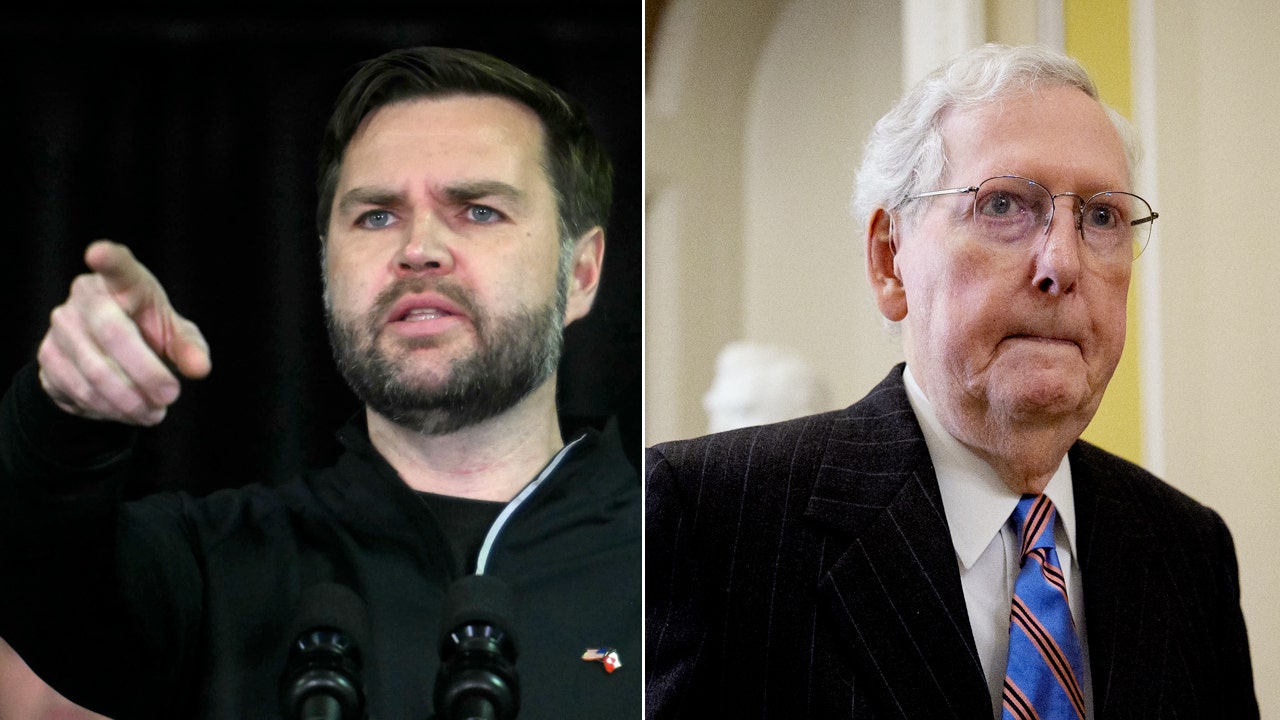JD Vance calls out Mitch McConnell’s vote against confirming Elbridge Colby

Vice President JD Vance recently criticized Senator Mitch McConnell for his vote against confirming Elbridge Colby as the undersecretary of defense for policy. Vance described McConnell’s vote as “one of the great acts of political pettiness I’ve ever seen.” Colby’s confirmation was ultimately approved in a 54-45 vote, with McConnell being the lone Senate Republican to vote against it.
President Donald Trump initially nominated Colby for the Pentagon post when he was the president-elect. McConnell voiced his concerns about Colby, stating that his record suggests a disregard for the complexity of challenges facing America and the importance of investing in hard power to maintain American primacy. McConnell argued that Colby’s prioritization strategy mirrored an outdated Obama-era geostrategy that could potentially harm American interests.
Despite McConnell’s opposition, Colby’s confirmation proceeded, leaving room for critics to express their apprehensions about the potential consequences of Colby’s appointment. McConnell has a history of voting against several Trump nominees this year, reflecting his reservations about certain individuals appointed to key positions within the government.
Vance, however, has been a vocal supporter of Colby, speaking in favor of his nomination at a Senate Armed Services Committee hearing. Vance believes that Colby’s perspective and approach to the role are essential for implementing Trump’s agenda effectively.
The ongoing debate surrounding Colby’s confirmation underscores the broader tensions within the political landscape, as different factions within the government clash over the direction of national security and foreign policy. While some view Colby as a valuable asset to the Pentagon, others remain skeptical about his qualifications and potential impact on US strategic interests.
As the controversy continues to unfold, it remains crucial for policymakers and lawmakers to consider the long-term implications of their decisions on national security and defense policy. The intricacies of geopolitics demand a nuanced approach that balances strategic interests with diplomatic relationships and military capabilities. Only time will tell how Colby’s appointment will shape the future of US defense policy and international relations.




